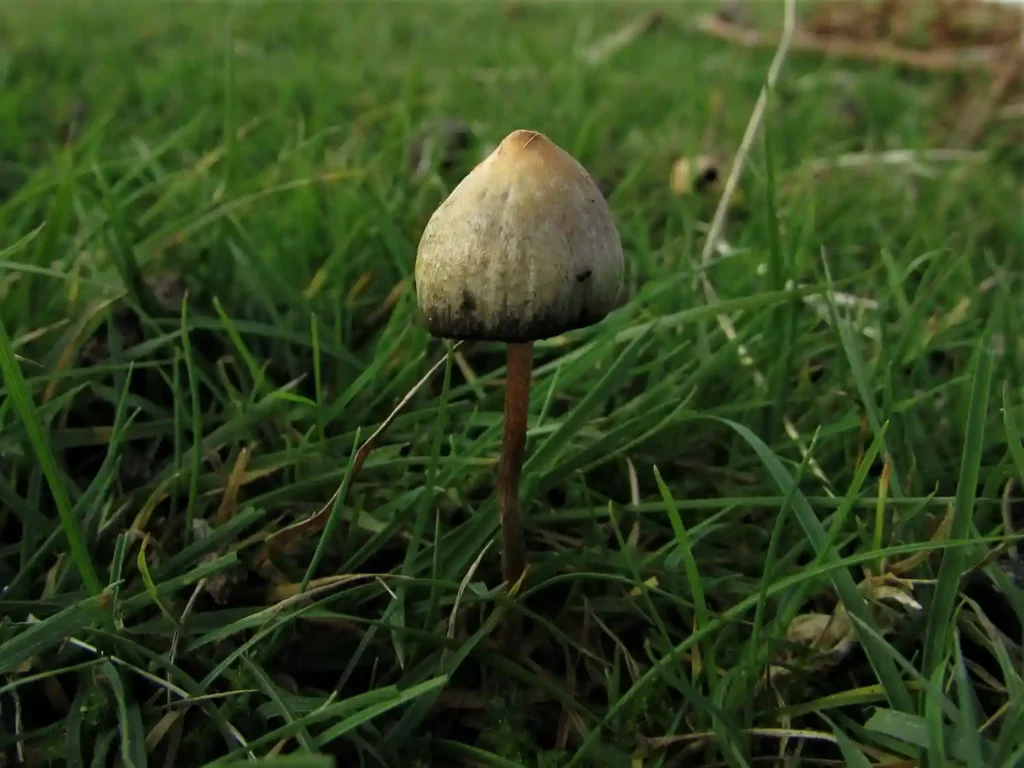As magic mushrooms gain more attention and debate, especially given recent decriminalization efforts in various regions, there arises a common concern: the detectability of psilocybin in drug tests. While most standard drug screenings focus on substances like cannabis, cocaine, and opioids, those who have dabbled with shrooms may wonder if their psychedelic sojourn will be noticeable in tests. Whether it’s out of curiosity, preparation for a job interview, or for more personal reasons, understanding how and when psilocybin can be detected is invaluable knowledge. Dive deeper into this article to explore the intricacies of drug tests in relation to magic mushrooms and equip yourself with essential information.
Related Link: How Long Does Delta 8 Stay In Your System?
Common Drug Tests and Shrooms: What’s Usually Tested?
Standard Testing Protocols
The majority of standard drug tests, especially those commonly administered during the hiring process for jobs, are primarily designed to detect substances that are often abused. These substances encompass drugs such as cannabis, cocaine, amphetamines, opiates, and phencyclidine, commonly known as PCP. This type of test is often dubbed the “five-panel test“, and it’s the one that most individuals come across. Given this focus, it’s clear that shrooms, also known scientifically as psilocybin mushrooms, don’t typically feature on the checklist for this kind of routine drug screening.
Beyond the Five-Panel Test
That being said, it’s crucial to highlight that a variety of more comprehensive tests are available which incorporate additional panels. These panels are designed to detect a wider range of drugs, extending to substances like barbiturates, alcohol, benzodiazepines, MDMA, propoxyphene, methadone, and methaqualone. Interestingly, even with these more elaborate screenings, the presence of magic mushrooms isn’t usually a primary concern, and they aren’t routinely detected.
Is there a specific supplement that you want to learn more about? Checkout our blog today!
Specialized Testing for Hallucinogens
The Hallucinogen Tests
The general drug tests might not incorporate specific markers for psilocybin detection, but there are specialized tests solely dedicated to hallucinogens. These tests have the capability to identify a range of substances including LSD, mushrooms, mescaline, and peyote. These specialized tests become relevant when there is a strong suspicion or evidence suggesting someone has consumed hallucinogens or when their behavior indicates they might be under the influence of such substances.
Risks of Contamination
Another aspect worth diving into is the potential contamination of magic mushrooms with other detectable drugs. In a scenario where a vendor’s credibility is in question, there exists a risk wherein conventional mushrooms might be adulterated with other detectable substances. Such contamination could result in these additional drugs being identified during a standard drug test.
The Efficacy of Hair Follicle Testing
Detection Window
Hair follicle tests stand out due to their extended detection capabilities. These tests are adept at identifying drug compounds, and this includes those originating from hallucinogens, over a prolonged duration. Some tests can trace substances up to 90 days after ingestion. While this showcases their heightened sensitivity in terms of duration, it’s essential to note that they aren’t the go-to choice when specifically testing for psilocybin presence.
Limitations and Cost
In spite of their extended detection capabilities, hair follicle tests come with a heftier price tag and are not as routinely used as their urine counterparts. According to guidelines and information from the Substance Abuse and Mental Health Services Administration (SAMHSA), most programs that operate under federal regulation predominantly rely on urine samples for their drug detection needs.
The Lifecycle of Psilocybin in the Body
Initial Effects
Upon the consumption of hallucinogenic mushrooms, the human body sets in motion the metabolic processes required to convert them into their active forms, prominently psilocybin and psilocin. These compounds, once active, interact and stimulate various areas of the brain, resulting in altered perception and behavior. Typically, the onset of these effects can be observed within a window of 20–30 minutes post-ingestion, and their duration can stretch to several hours. This duration is contingent on multiple factors including the amount consumed and individual physiological factors.
Metabolism and Excretion
The metabolic rate at which the body processes these compounds is impressively fast. To illustrate, psilocin’s half-life is recorded at about 50 minutes, indicating its rapid breakdown. In a span of 3 hours post-consumption, a significant 66% of these compounds have already been processed and expelled from the body. By the time 24 hours have passed, their presence is typically undetectable in urine samples.
Factors Influencing Detection
There are several individualistic and external factors that can sway the duration for which shrooms can be detected in the body. These variables span across the spectrum from the amount ingested, the specific strain and potency of the mushrooms, the user’s tolerance threshold, the method of preparation and consumption, concurrent food or drink intake, individual metabolic rate, and even the functioning efficiency of the kidneys.
Related Link: Best THC Resin Products: Find Live Resin Here
Can You Expedite Psilocybin Elimination?
Natural Excretion Process
Given the inherent quick metabolic rate associated with psilocybin, it’s natural for the compound to be flushed out of the system swiftly. Opting for a reduced dosage can further aid in this expedited elimination simply because there’s a smaller volume of the compound for the body to process and excrete.
Hydration Theories
While there’s a common belief rooted in anecdotal evidence that increasing hydration can assist in flushing out psilocybin more swiftly, it’s essential to understand the real mechanics behind this. While staying hydrated might help in maintaining a regular clearance, it won’t substantially hasten the process to the extent of altering drug test results.
Have any questions about any of our products? Message us today.
Psilocybin Detection and Testing
As societal views and understanding regarding magic mushrooms undergo transformation, it becomes increasingly vital to be well-versed with how they factor into drug tests. Although they might not be the prime targets in conventional screenings, specialized tests can certainly pick up their traces. Just like with any other substance, knowledge and responsible behavior are paramount.
Related Link: THCA: What Makes it Different from THC?
The information and content in this article are intended for informational purposes only. It should not be a substitute for professional or medical advice. You should always speak with a licensed professional before you follow anything you read online.
Disclaimer:
The statements made regarding these products have not been evaluated by the Food and Drug Administration. The efficacy of these products has not been confirmed by FDA-approved research. These products are not intended to diagnose, treat, cure or prevent any disease. All information presented here is not meant as a substitute for or alternative to information from health care practitioners. Please consult your health care professional about potential interactions or other possible complications before using any product. The Federal Food, Drug and Cosmetic Act requires this notice.



